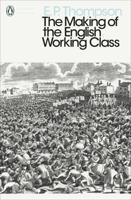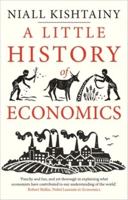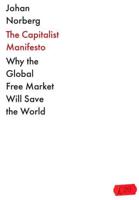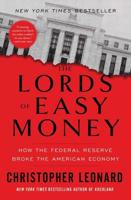Publisher's Synopsis
Money, in whatever form you care to imagine it- silver, gold, paper, or Bitcoin-remains as it always has been, the basic underpinning of national power, as well as the crucial determinant of military success. Throughout history, power has not so much flowed out of the barrel of a gun, as Mao famously claimed, as it has derived from a nation's ability to amass sufficient funds to prosecute a conflict. One could be forgiven for not taking note of this fact in most historical narratives. This is a result of historians, despite 3,000 years of experience to draw on, still choosing to ignore the profound affect finance has on warfare. To some degree, this is understandable; after all, barely more than a generation has passed since battle and campaign narratives began taking note of the effects of logistics. If military historians find logistics boring, they find economics and finance positively "coma-inducing." In the ancient world, Greece, under Alexander, destroyed the mighty Persian Empire, partly as a result of Alexander's genius, partly because he commanded a superior military instrument, but mostly because Persia hoarded its silver and gold rather than deploying it for war. In another instance, Sparta beat Athens in the Peloponnesian War, not as a result of Athens' Syracusan disaster, but because it eventually managed to cut off Athens from its silver mines at Laurium. Likewise, Hannibal and Carthage did not lose the Second Punic War in Italy, or at Zama. Rather, the decision in that great contest was irrevocably made when Rome conquered Spain and took over her silver mines. In a large part, it was these same silver mines that financed Rome's later conquest of the Mediterranean, which drew to an end at the same time the Spanish silver mines were exhausted. The same basic tale holds true throughout the Dark Ages, the Middle Ages, and into the Pre-modern Era. But there is one vital twist. While having a large economic base is a vital element of national power, it is far from the most crucial. In fact, the size of an economy is not nearly as important as the ability to mobilize an economy in support of national interests. It was this factor that allowed England to punch far above its economic and population weight for centuries. England, though possessing a population and economic base a mere fraction the size of Frances' still, from the end of the Viking scourge through the Victorian era, employed a superior British administrative system to constantly humiliate its potentially far stronger neighbor. England's early advantage grew further with the advent of the Bank of England, which was based on earlier Dutch models of public finance. With the Bank behind it, the British government demonstrated how, for the first time, a state could easily convert shortterm debt into long-term debt, or in Britain's case, perpetual debt. As states now only had to pay the interest on the debt, rather than the entire principle, national debts could be turned into intergenerational affairs. In other words, wars could be fought in the present and paid for by the children and grandchildren of the participants. In fact, in Britain's case, the country was still paying interest on debts incurred to defeat Napoleon into the current decade. Every major state, with varying degrees of success, was soon emulating the British model. As such, huge amounts of capital were now available to fund huge increases in national armies, as well as bear the costs of arming their armies with the massive volumes of war materiel spewing forth from the factories of the Industrial Revolution. By the middle of the 20th century, the revolution in finance had progressed to the point where the United States was capable of financing not only its own global war effort, but also had sufficient financial resource left over to bear the brunt of the cost for its allies.









